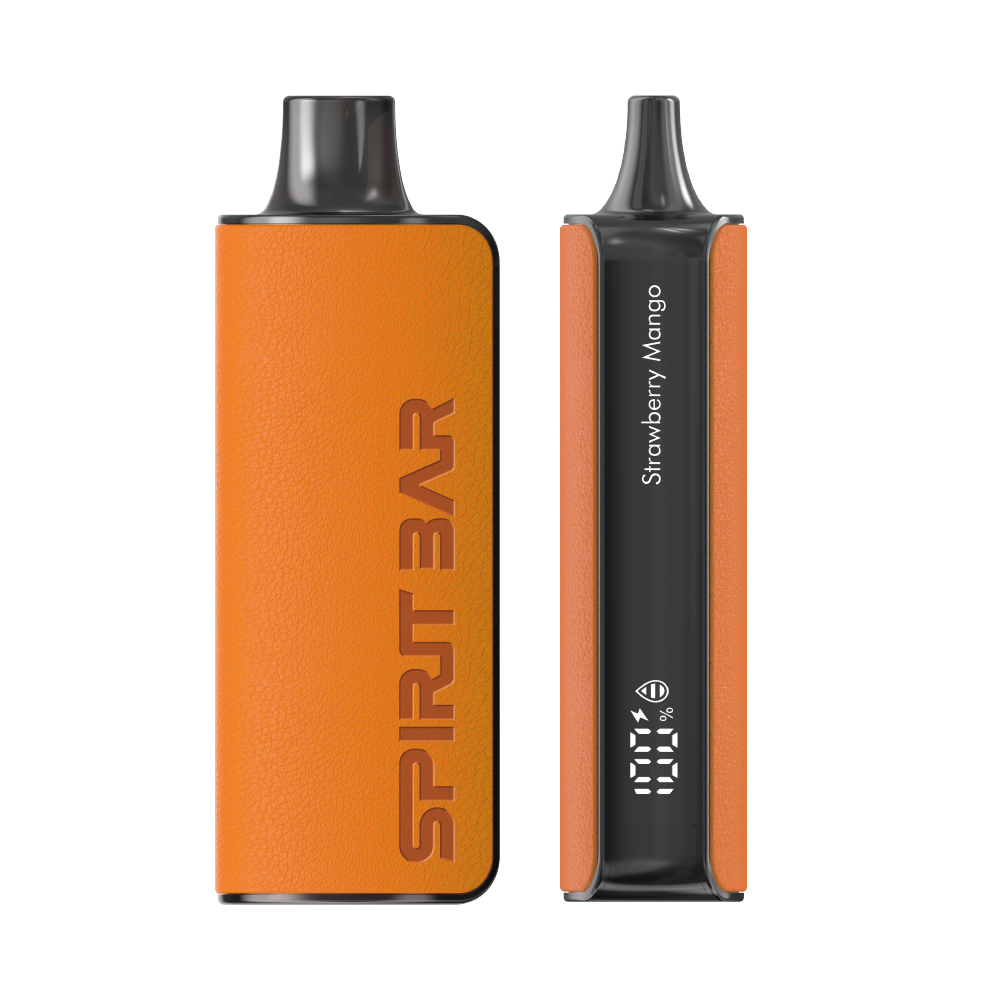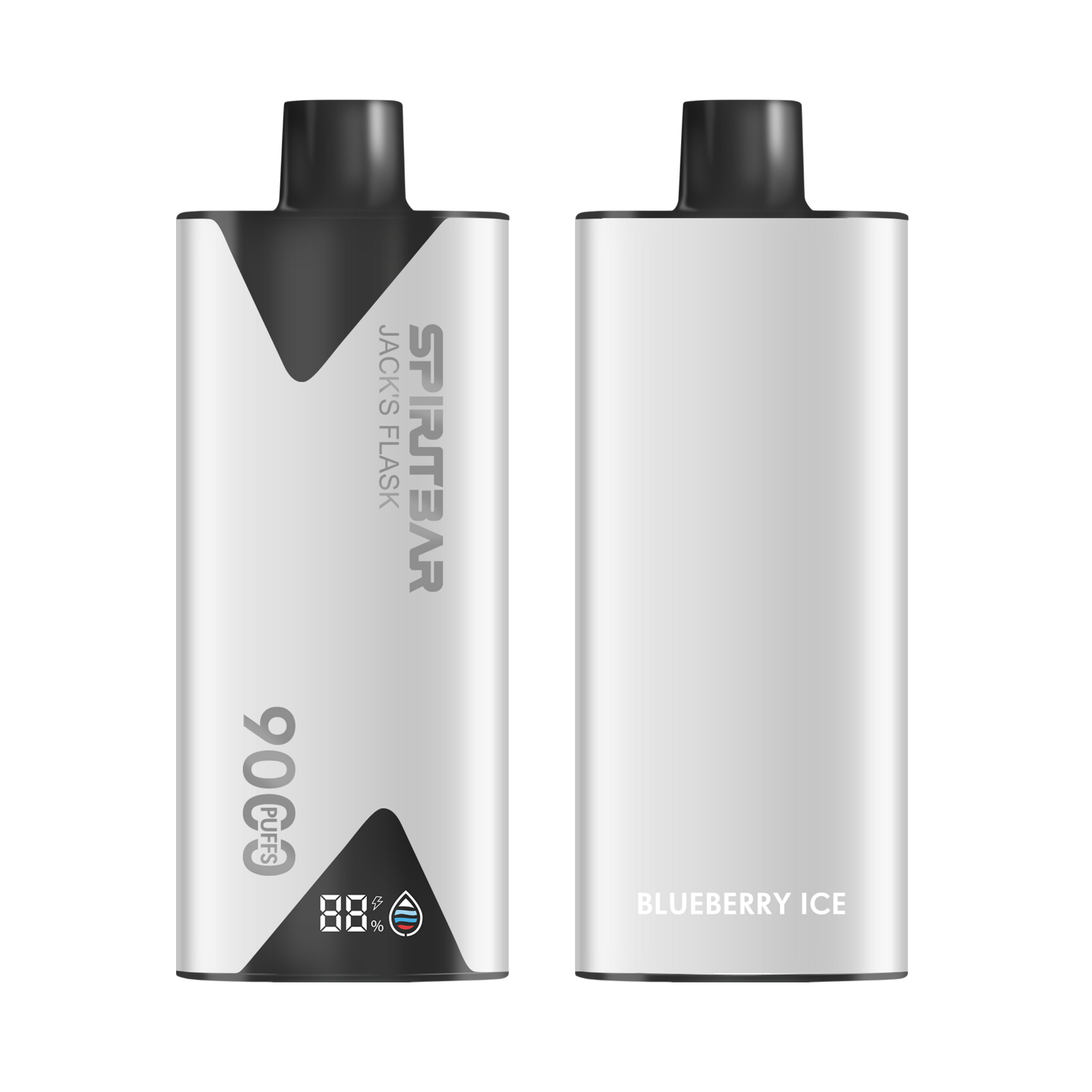What Can You Put in a Vape Besides Juice: Alternative Vape Liquids
When it comes to vaping, most people are familiar with e-juice or vape juice. However, there are other options available for those who want to try something different. In this article, I will explore some alternatives to e-juice and what you can put in a vape instead.
One option is CBD or THC oil, which is derived from the hemp or cannabis plant. These oils do not contain psychoactive components like THC, so they won’t get you high. Another option is vegetable glycerin, which can be used as a diluted nicotine or mixed with other substances. Nicotine-free liquids, flavor concentrates, and nicotine salts are also available for those who want to make their own vape juice.
It’s important to note that not all substances are safe to vape, and some can be harmful to your health. For example, water should never be vaped, despite some people questioning whether it’s possible. Wax and oil vape pens are also not recommended for use with e-juice alternatives. In the following sections, we will explore some of these options in more detail and discuss their safety and effectiveness.
Understanding Vaping and Vape Juice
As a vape enthusiast, I understand the importance of knowing what goes into my vape juice. Vaping involves heating a liquid to produce an aerosol or vapor that is then inhaled. This liquid is commonly referred to as vape juice or e-juice.
The main components of vape juice are vegetable glycerin (VG) and propylene glycol (PG). VG is a thick, sweet liquid that produces more vapor, while PG is a thinner liquid that produces more flavor. Flavors are added to the base liquids to create a variety of tastes. Nicotine can also be added to the mix, although there are nicotine-free options available.
It’s important to note that vape juice is not the same as oil-based products, such as CBD oil or essential oils. These oils are not designed to be inhaled and can cause serious harm to your lungs.
When it comes to vaping, it’s essential to use high-quality ingredients and products. Cheap or low-quality vape juice can contain harmful chemicals and additives that can be dangerous to your health. Always purchase from reputable manufacturers and retailers.
In summary, vape juice is a combination of VG, PG, flavorings, and sometimes nicotine. It’s important to use high-quality ingredients and products to ensure a safe and enjoyable vaping experience.
Alternatives to Vape Juice
When it comes to vaping, there are a variety of liquids that can be used instead of traditional vape juice. Here are some alternatives to consider:
This disposable vape captures the daring spirit of the high seas with its flask styling and signature pirate e-juice flavors. The extraordinary battery life provides 9000 indulgent puffs for extended vaping pleasure. Live boldly and freely with the Jack's Flask - a legendary vaping experience fit for a pirate's adventures.
Herbal Vape Liquids
Herbal vape liquids are made from natural herbs and extracts, which can provide a unique and enjoyable vaping experience. Some popular herbal vape liquids include chamomile, lavender, and peppermint. These liquids are often used for their calming and relaxing effects. It is important to note that not all herbs are safe to vape, so it is important to do your research and only use herbs that are safe for inhalation.
Essential Oil Vape Liquids
Essential oil vape liquids are made from concentrated plant extracts. These liquids can provide a variety of benefits, including relaxation, stress relief, and improved focus. Some popular essential oils for vaping include lavender, peppermint, and eucalyptus. It is important to note that not all essential oils are safe for inhalation, so it is important to do your research and only use oils that are safe for vaping.
CBD Oil Vape Liquids
CBD oil vape liquids are made from cannabidiol (CBD) oil, which is derived from the hemp plant. CBD oil can provide a variety of benefits, including pain relief, anxiety relief, and improved sleep. It is important to note that not all CBD oils are safe for vaping, so it is important to do your research and only use oils that are specifically formulated for vaping.
Overall, there are a variety of alternatives to traditional vape juice that can provide a unique and enjoyable vaping experience. It is important to do your research and only use liquids that are safe for inhalation.
Safety Considerations When Choosing Vape Alternatives
As a responsible vaper, it is important to consider safety when choosing alternatives to vape juice. Here are a few factors to keep in mind:
Ingredient Safety
It is important to ensure that the ingredients used in alternative vape solutions are safe for inhalation. Some substances, such as oils and fats, can be harmful when inhaled and should be avoided. It is also important to be aware of any potential allergy triggers in the ingredients.
Nicotine Content
If you are looking to avoid nicotine, be sure to choose alternatives that are nicotine-free. However, if you are looking for an alternative source of nicotine, it is important to be aware of the nicotine content in the alternative solution. Nicotine overdose can be dangerous, so it is important to use alternative solutions with caution and in moderation.
Compatibility with Your Vape Device
Not all alternative solutions are compatible with all vape devices. Be sure to check the compatibility of the alternative solution with your device before using it. Using an incompatible solution can damage your device and potentially be dangerous.
Source and Quality Control
It is important to choose alternative solutions from reputable sources that follow quality control measures. Poor quality alternatives can be harmful and potentially dangerous to inhale.
By keeping these safety considerations in mind, you can make informed decisions when choosing alternatives to vape juice.
The Impact of Vape Alternatives on Vape Performance
As a vape user, you may be wondering what alternatives you can use instead of juice. While there are a variety of options available, it’s important to consider how these alternatives may impact the performance of your vape.
One alternative option is CBD oil, which can be mixed with vegetable glycerin (VG) to create a diluted nicotine-free liquid. This can be a good option for those who want to experience the benefits of CBD without the psychoactive effects of THC. However, it’s important to note that CBD oil may not be as effective as traditional vape juice and may require more frequent refilling.
Vegetable glycerin can also be used as a standalone alternative to juice. It produces thick clouds of vapor and can be used to create a sweet taste. However, it may not provide the same throat hit as traditional vape juice and can lead to a build-up of residue in your vape.
This disposable vape captures the daring spirit of the high seas with its flask styling and signature pirate e-juice flavors. The extraordinary battery life provides 9000 indulgent puffs for extended vaping pleasure. Live boldly and freely with the Jack's Flask - a legendary vaping experience fit for a pirate's adventures.
Nicotine-free liquids and flavor concentrates are also available for those who want to create their own homemade vape juice. While this can be a fun and cost-effective option, it’s important to ensure that you are using safe and high-quality ingredients to avoid any negative effects on your vape’s performance.
It’s important to note that not all vape alternatives are created equal and may impact the performance of your vape in different ways. It’s always best to do your research and consult with a professional before trying any new alternative options.
Legal and Regulatory Aspects of Vape Alternatives
As the popularity of vaping continues to grow, so does the interest in finding alternatives to traditional e-juice. However, it is important to consider the legal and regulatory aspects of these alternatives before using them in your vape.
One important factor to consider is the Food and Drug Administration’s (FDA) regulation of vaping products. The FDA has the authority to regulate all tobacco products, including e-cigarettes and their components. This means that any alternative substances used in a vape must also meet FDA regulations.
Additionally, it is important to consider state and local laws regarding vaping. Some states and municipalities have enacted laws that restrict the use of certain substances in vaping products. For example, some states have banned the use of vitamin E acetate in vaping products due to its association with lung injuries.
It is also important to note that using alternative substances in a vape can potentially violate federal and state drug laws. While some substances may be legal to possess and use in other forms, such as CBD oil, they may be illegal to use in a vape.
In summary, before using any alternative substances in your vape, it is important to research and understand the legal and regulatory aspects of these products. This includes FDA regulations, state and local laws, and potential violations of drug laws. Always use caution and consult a legal professional if you have any questions or concerns.
Frequently Asked Questions
What liquids are safe to use in a vape?
When it comes to vaping, it’s important to use liquids that are safe for inhalation. Vegetable glycerin (VG) and propylene glycol (PG) are commonly used as the base for e-juice, but other liquids such as CBD oil and nicotine-free liquids can also be used. However, it’s important to make sure that the liquids you use are meant for vaping and not for other purposes.
Is it possible to vape without using e-juice?
Yes, it is possible to vape without using e-juice. CBD oil and vegetable glycerin can be used as alternatives to e-juice, and can be mixed with nicotine or other liquids to create a custom vaping experience.
Can you put water in a vape?
No, you should never put water in a vape. Vaping water can cause serious damage to your device and can also be harmful to your health.
What types of oils are safe to vape?
CBD oil and THC oil can be used as alternatives to e-juice, but it’s important to make sure that the oils are meant for vaping and not for other purposes. Other oils such as essential oils or cooking oils should never be vaped, as they can be harmful to your health.
How can you make your own vape juice at home?
Making your own vape juice at home can be a fun and cost-effective way to customize your vaping experience. You can mix together different flavors of e-juice, or use a combination of VG, PG, and flavorings to create your own unique blend. However, it’s important to use caution when handling nicotine and other ingredients, and to follow proper safety procedures.
Can you put coffee in a vape?
No, you should never put coffee in a vape. Vaping coffee can cause serious damage to your device and can also be harmful to your health.

